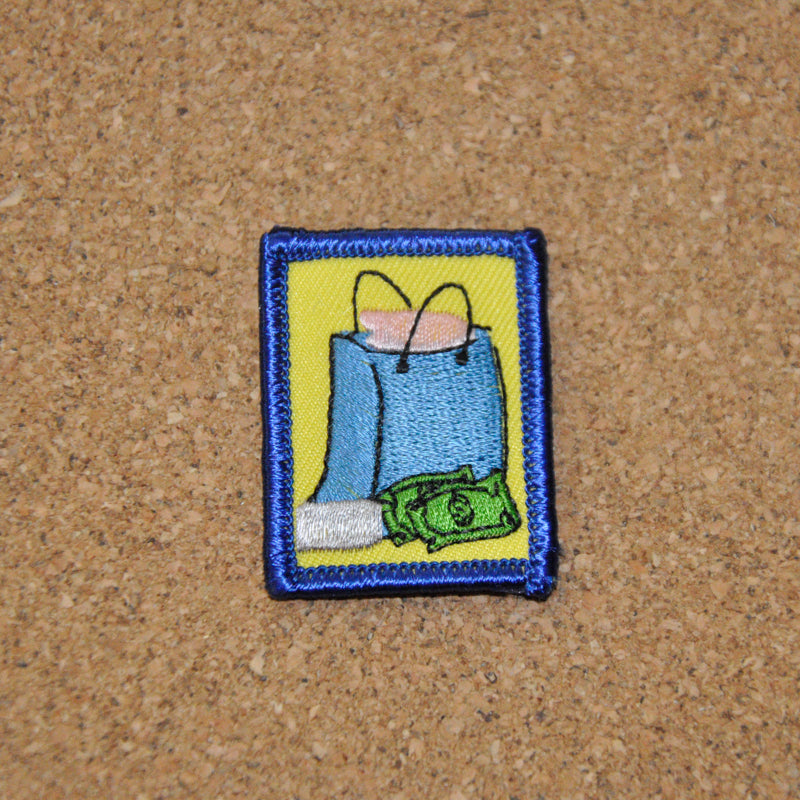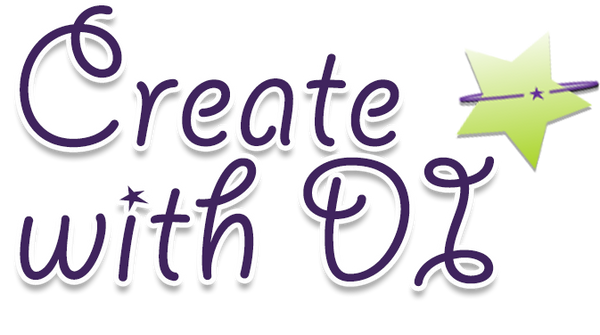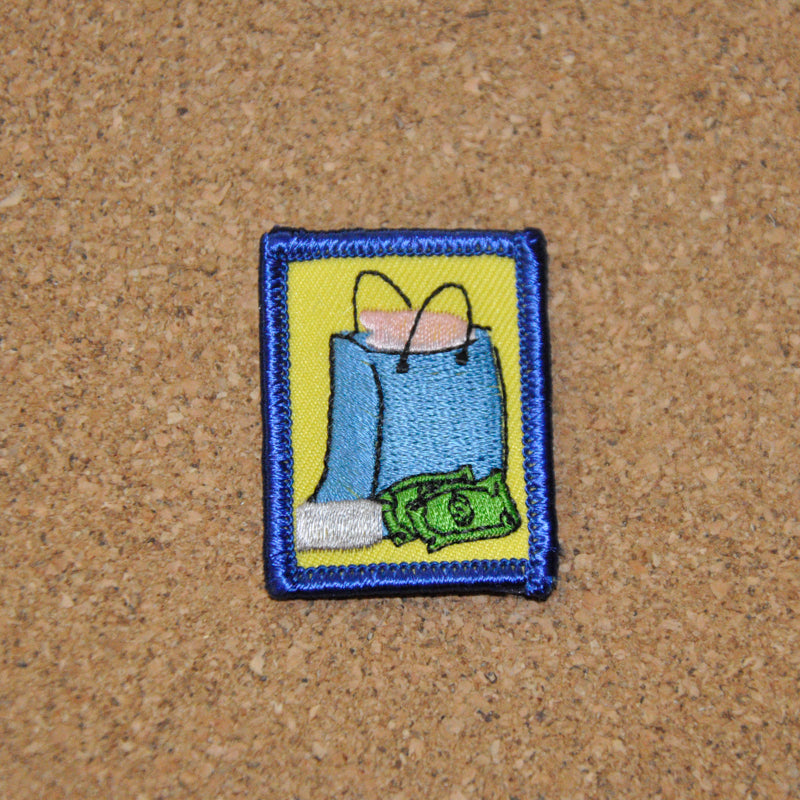Smart Shopper (IP)-ORIGINAL
Smart Shopper (IP)-ORIGINAL
155 in stock
Couldn't load pickup availability
Smart Shopper Complete 4
1. Why do you buy? There are reasons that make you decide to buy. They are based on wants, not needs. Write down three reasons for purchasing what you do.
2. What about credit cards and how they work. View a credit card application online or pick one up at a store. Is there any incentive to fill out the application immediately (like an extra 15% off what you're purchasing)? Look at the fine print and see what interest rate is charged if you apply for the card. Figure out how much a $100 charge purchase will actually end up costing if the interest rate was added to the $100.
3. Advertisement for products Ads suggest items that will be popular, fun, or something you want. Look through magazines and write down the things you are interested in purchasing. Why are you interested in these items? Do these ads make women look weaker or less intelligent then men? Are any ethnic groups or disabled people shown? Is the advertisement making a promise statement? ("you'll feel younger” or “you'll have fun")?
4. Choose one of the following activities:
- A) Every CD player can reproduce superb hi-li sound. Check the ratings and costs in a on the internet or magazine. Compare CD player prices. Which is a better buy single or multiple-disc changers. Comparison-shop to see if the same brand is on sale or the same price at a different store. (View ads or internet)
b) The Big Guy vs.the Little Guy! Discuss with friends why you think the pricing is different on the same product between the large national chain store and the local independent owned store. Check the price differences between the same five items between a large store and a smaller chain. Where's the best buy?
5. Choose one of the following activities:
- a) Soft Drink Favorite- How much does your soft drink cost? Your favorite brand is usually available everywhere. Compare the cost of a 12-ounce soft drink bought individually from a vending machine or in a 6 or 12 pack at a grocery store.
- b) Name Brand vs. Store Brand- Name brands are products that are nationally advertised and known by their trademarks. Store brands are products sold in certain stores only. Even though national brands tend to cost more, why do you think people buy them most often over store brands? Is one really better than the other? Find out by doing your own product testing between national and store brands. Have a taste test with your friends.
- Tripping Costs
Pretend you are a family of four on vacation. Compare a hotel that doesn’t have amenities like swimming pool, cable TV, and free continental breakfast. Find out the cost difference between a no-frills establishment and your ideal choice for a motel/hotel. Are the extra amenities worth the cost?
-
Homemade vs. Store-Bought
Assume you have all the necessary knowledge, skills, and a sewing machine to make a prom dress. Be a super sleuth and determine if you can make a dress cheaper than buying one off the rack at the mall. Visit a fabric store and pick out a pattern or complete your research on the internet. Make a list of items you need purchase to make the dress. Now look up how much it will cost to create the dress. Search out the appropriate fabric X yardage, pattern, zipper, thread, etc. Which is actually was cheaper? Do you think a store-bought dress looks better than homemade?
8. What's the Best Buy? “Best Buy,” “Beat This Low Price." "Best Buy In Town. Would any of these signs make you want to go inside the clothing store? When buying clothing, consider quality (how well a product is made}, durability (how long it will last) and maintenance (the care that will be needed/hang dry or dry clean only). What is the store's return policy? A general formula to follow when buying goods or services:
- a) What is the need or want?
- d) Compare price and quality to similar items.
- c) What is the best buy?
- What can you purchase with $100?
Pretend you have $100 to spend on an outfit. See if you can buy an entire outfit. Include shoes and accessories. Go to a store or shop online. Make a list of the items you are purchasing and the cost of each one. Did you have any sales or discounts to help with the purchase? How well did you do? On which items did you have to compromise or put back?
- Sales Tax What is sales tax? Who pays it? Who is exempt from paying sales tax? How much is sales tax in your area? Does sales tax cost the same everywhere? Is sales tax added on all purchases?
-
Choose ONE of the following activities:
a) What's On the Neck Tag?
Look over the tags on clothes in your closet. Choose three items to view the tags. What kinds of fabrics are your garments made from? Where is your item made? How does your clothes need to be cleaned? Is one item more expensive to clean than others? (special detergent, dry clean, etc)
b) Clothing Labels
What's the difference between a designer label, a brand-name label, and a private label? Did the designer actually make the sketch for the garment? Did the designer oversee the production? Which item is more expensive?
- The Entertainment Industry Sells
What is the value of your favorite singer’s voice? How much does it cost for one concert ticket, a CD or a download of the CD? How would you budget for the cost of a CD or concert ticket? How long would it take you to save for each item? Which would be the best cost per use? Which would give you the longest pleasure?
- Alternate Methods of Shopping
You can have it all without ever leaving your home. What items do you shop for without leaving your house? Create a list of recent purchases in the last month. Label each one (S) shopping in a store or over the (I) internet? Where did you shop the most? What are the advantages and disadvantages of each?


